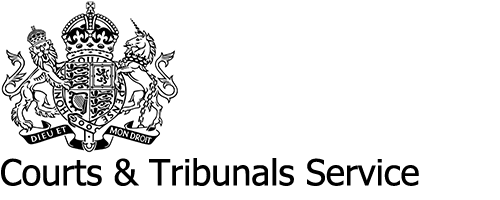Family Proceedings
What are Family Proceedings?
The term 'family proceedings' covers a large area of work which concentrates on two primary areas;
1) children; and
2) marriages & civil partnerships.
The focus of this area is proceedings which relate to children. For more information about marriages & civil partnerships please click here. Proceedings which relate to children are always heard in closed court. This means that members of the public are not permitted to be in the court room and only those who are part of the case may be in the court room. If you wish to have support of friends or family, permission must be sought from the court in advance. Proceedings which relate to children are also confidential. This means that the name(s) of the child(ren) involved in the case, and other adults involved, are not be disclosed in public without the permission of the court.
What are proceedings which relate to children?
Proceedings which relate to children are applications to the court for an order which directly affect the life of a child. For example, it may be:
- An order about where they live;
- An order about who they see and when;
- An order to secure financial support;
- An order about who has parental responsibility for them; or
- An order about who is responsible for their care; or
- An order about which school they go to.
At the heart of every decision made by the court will be the welfare of the child.
Proceedings which relate to children are divided into two types; private proceedings and public proceedings.
What the court might decide
The court will only make an order if it think that would be best for the child. Sometimes a court may decide that it would be best not to make any order.
The court might:
- Make an order
- Change an order (called ‘varying’ the order); or
- End an order (called ‘discharging’ the order).
Welfare of the Child
The court is required by law, when determining any question about the upbringing of a child or the administration of a child's property or the application of any income arising from it, to have the welfare of the child as it's paramount consideration.
In considering the welfare of the child the court must take in to account:
- The child's wishes and feelings (which must be considered in light of the child's age and understanding);
- The child's physical, emotional and educational needs;
The likely effect on the child of any change in the child's circumstances; - The child's age, sex, background and any characteristics of the child's which the court considers is relevant;
- Any harm which the child has suffered or is at risk of suffering;
- How capable each of the child's parents (and any other person who may be a carer) is of meeting the child's needs;
- The range of powers available to the court under the law in the proceedings in question.
The court must presume that, unless it is shown otherwise, that the involvement of a child's parents in their life will further the child's welfare. This means a parent can be involved in a child's life, whether directly or indirectly, unless there is evidence before the court to suggest that involvement of the parent in the child's life would put the child at risk of suffering harm, whatever the form of involvement.
The court also has a statutory obligation to only make an order about a child if it will be better for the child than making no order at all (this is commonly referred to as the 'no order principle').
The welfare of the child means the child is the focus of the proceedings and the court is concerned with what is best for the child.
